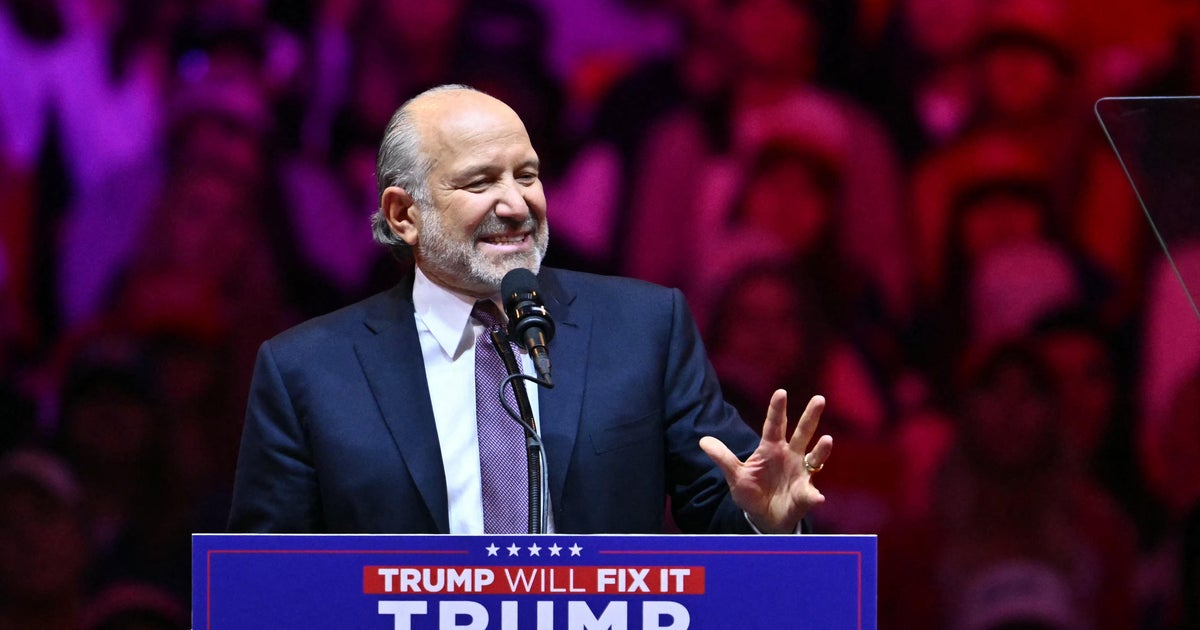Appeals court temporarily blocks imminent release of Trump White House records to House January 6 committee
The D.C. Circuit Court of Appeals has granted former President Trump's request for an "administrative" injunction, temporarily blocking the release of his White House records from the National Archives to the House committee Investigating the January 6 Capitol attack.
"The National Archives and Records Administration and the Archivist be enjoined from releasing the records requested by the House Select Committee over which appellant asserts executive privilege, pending further order of this court," the order reads.
The court notes this is simply to allow time for legal arguments on a longer injunction to be made and the ruling "should not be construed in any way as a ruling on the merits," meaning they are not ruling on the validity of Mr. Trump's claims.
Oral argument will be held before the three-judge panel of Judges Millett, Wilkins, and Jackson on November 30, 2021.
Congressman Adam Kinizinger, one of the two Republicans on the House January 6 committee, said on CNN on Thursday that the latest ruling was not unexpected and the case is not over.
"I don't think it's a huge setback," he said. "I think we expected, frankly, that there would be a stay issued by the appeals court."
Kinzinger said that he's "sure ultimately we'll prevail. The question is the timeline." He called Mr. Trump's efforts to block the turnover of the documents a "stall tactic."
In an emergency motion filed Thursday, lawyers for Mr. Trump asked the D.C. Circuit Court of Appeals to issue an injunction halting the transfer of the court documents, arguing that further time is needed for litigation and procedural questions.
"President Trump respectfully moves this Court to enter an administrative injunction enjoining release of the privileged documents while the Court considers President Trump's Motion for a Stay Pending Appeal," the filing read.
His filing asserts that the National Archives and House Committee "take no position" on the request for a brief pause in the transfer of the documents, while fuller legal arguments are made before the appeals court.
Mr. Trump's lawyers, in his original lawsuit against the House select committee, argued that his White House records are entitled to confidentiality and claimed they are protected by executive privilege, that a sitting president's private communications should be shielded from public scrutiny.
His lawyers called the committee's subpoena for his records a "vexatious, illegal fishing expedition openly endorsed by Biden and designed to unconstitutionally investigate President Trump and his administration." They argued, "Our laws do not permit such an impulsive, egregious action against a former President and his close advisors."
Since Mr. Trump filed his lawsuit, the National Archives said it has identified over 1,500 pages pertinent to the committee's request: daily presidential diaries, the files of then-White House chief of staff Mark Meadows, multiple binders belonging to then-White House press secretary Kayleigh McEnany and White House talking points alleging voter fraud in the 2020 presidential election.
The transfer of the documents was currently scheduled to begin Friday.




